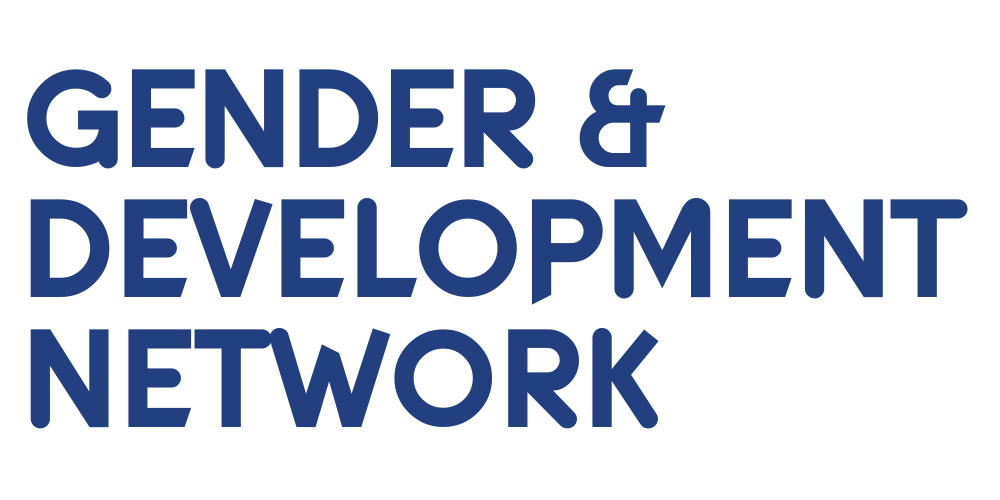Women’s political participation and leadership
From the local to the global level, women’s leadership and political participation are restricted.
Women are underrepresented in leading positions in international institutions, government and local community fora, they are also underrepresented as voters.
Discriminatory social norms restrict women’s role to the private realm of the household: unpaid care work; lack of economic opportunities; social expectations that men are natural leaders, violence against women in public life, and laws and political institutions that disregard women’s rights all further restrict women’s political participation. Women are also less likely than men to have the education, contacts and resources needed to get access to political leadership roles.
Women’s equal political participation requires that more women are present in national parliaments, local councils and community associations. To make this a reality, the barriers to women’s participation have to be removed.
GADN Resources
Explore GADN resources and learn more about women’s political participation and leadership.
GADN Working Group
The Women’s Participation and Leadership Working Group shares information and best practice. It seeks to influence the sector’s approach to increasing women’s participation, leadership, influence and decision-making.
More on the issue
The challenge
Globally, just 11 women are serving as head of state and 10 are serving as head of government.
Approximately 18% of government ministers are women.
Gender balance in political participation and decision-making has been an internationally agreed target for nearly 25 years, but as of January 2019, only three countries have 50% or more women in parliament: Rwanda, Cuba and Bolivia.
Solutions
Women have the right to influence decisions that affect their lives, whether in the household, community, national governments or international institutions.
Achieving women’s participation and leadership requires understanding power dynamics and working with women and men to ensure equal access to, and influence in, decision-making processes.
Raising awareness, providing training for women political candidates, running campaigns on gender equality, lobbying for legislative reforms to ensure women’s fair access to political spheres, and elections that uphold women’s rights can all increase women’s political engagement.
Useful links
Beijing Platform for Action – Women in power and decision-making
UN General Assembly Resolution on women and political participation
Member resources
On the campaign trail: documenting women’s experiences in the 2018 elections in Sierra Leone (Trocaire, December 2018)
Sun, sand and ceilings: women in tourism and hospitality boardrooms (Equality in Tourism, November 2018)
Measuring up: how the UK is performing on the UN Sustainable Development Goals (The UK Stakeholders for Sustainable Development, July 2018)
Standing with the changemakers: lessons from supporting women’s movements (Womankind, 2017)
Transformative and feminist leadership for women’s rights (Oxfam, 2017)
Political consciousness, leadership and collective action in the Mata Masu Dubara structures in Niger (CARE International, December 2017)
Pushing the boundaries: understanding women’s participation and empowerment (Trocaire, November 2015)
Women’s voice and leadership: assessing the evidence (Overseas Development Institute, April 2015)
Feminist leadership for social transformation: clearing the conceptual cloud (CREA, 2008/2011)
Southern-based organisations’ resources
What collective power looks like (JASS, December 2017)
How to influence public policy for social justice and gender equality in Africa (MenEngage, 2013)
Changing their world (AWID, 2012)
Examples of closing space for civil society and what we can do about it (IWRAW)
Other GADN Issues
📷 Paulina Luza (centre-left), Secretary General of Peru's Domestic Workers' Union with other members at the union's headquarters. Lima, Peru (August 2015) © Juan Arredondo/Getty Images

